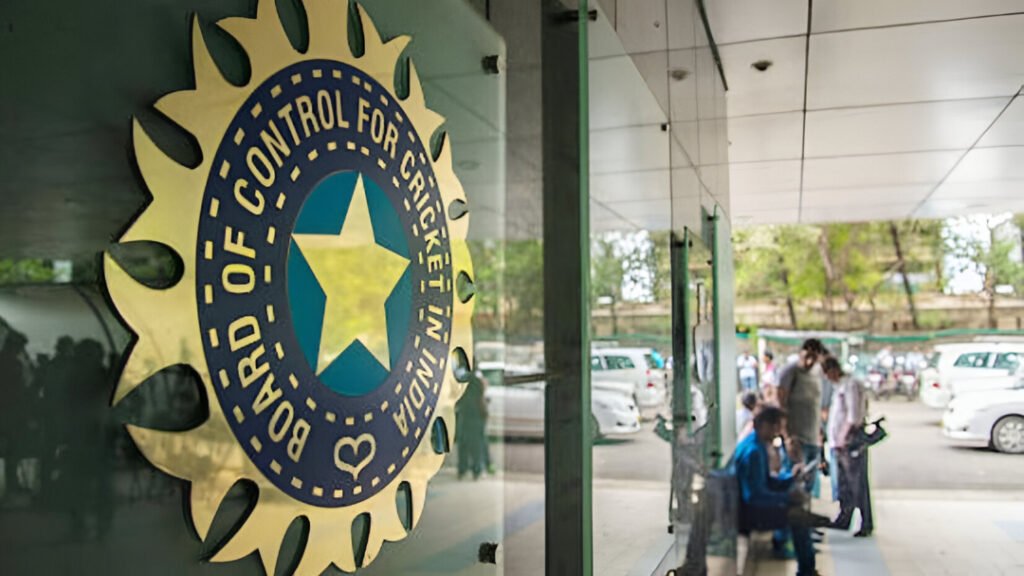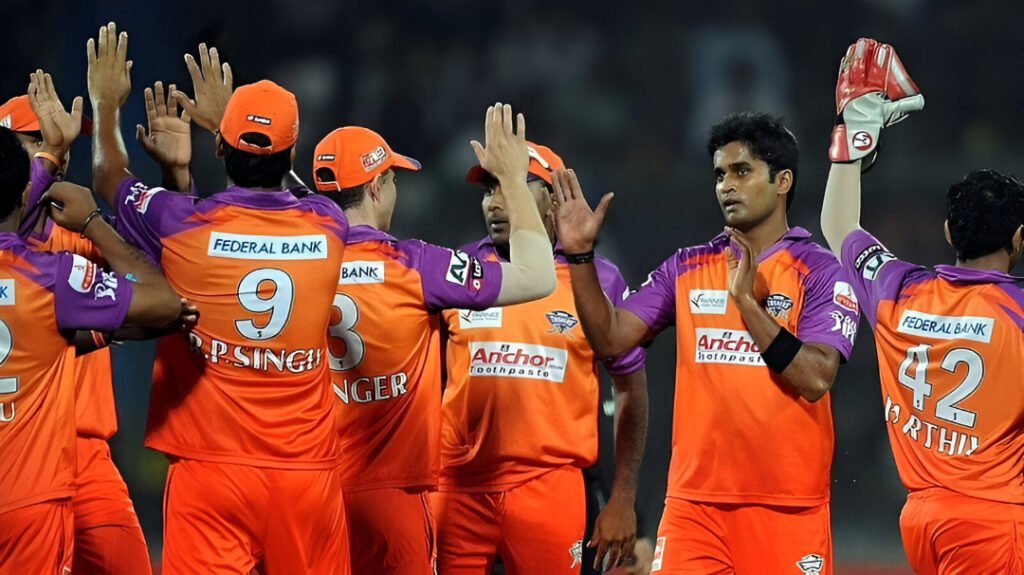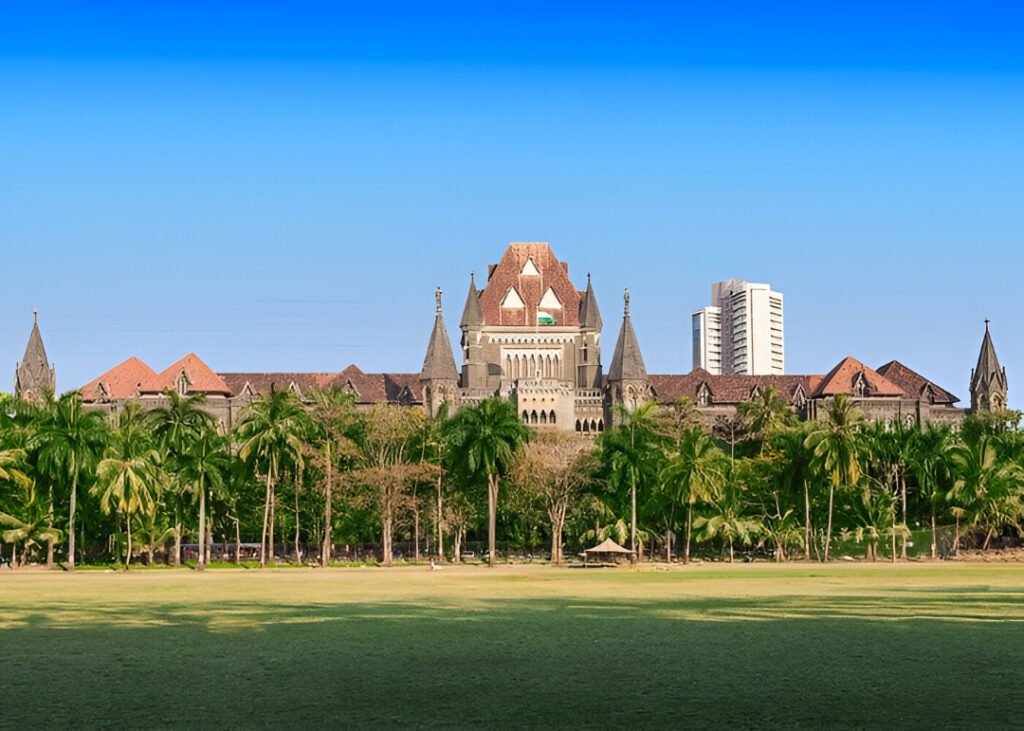
In a blow to the Board of Control for Cricket in India, the Bombay High Court has backed arbitral rulings worth over 538 crore in favor of the shuttered Indian Premier League team Kochi Tuskers Kerala. The judgment not only reopens an old IPL saga but also sends a strong signal about how franchises must be treated and how boards resolve disputes in Indian sport.
Background: The Kochi Tuskers-BCCI Dispute
The row dates back to September 2011, when BCCI axed Kochi Tuskers after only one season, claiming the team had not submitted the mandatory 10 bank guarantees. Kochi Cricket Private Limited and its Rendezvous Sports World-led group argued delays stemmed from stadium access, regulatory clearances, and a cut in the number of IPL matches. Even so, BCCI kept accepting fees before finally pulling the plug on the agreement.

Arbitration Proceedings and Award
Claiming they had been unjustly let go, KCPL and RSW kicked off arbitration in 2012. Three years later, the panel ordered KCPL to pay ₹384 crore for lost profits and RSW ₹153 crore for the wrongly cashed bank guarantee, plus interest and legal fees. BCCI questioned the ruling, insisting the tribunal had overstepped its mandate and that the amounts breached the contract caps.
Bombay High Court’s Ruling: Limited Scope for Judicial Review
Justice R. I. Chagla rejected BCCI’s challenge, reaffirming that review powers under Section 34 are tightly circumscribed. The judge explained, BCCI’s unhappiness with how the evidence was weighed or the merits judged is no basis for attacking the award. He added that the arbitrator correctly labeled BCCI’s franchise termination as a fundamental breach and that the board had, in effect, extended the guarantee window by continuing to work with the franchise.

Implications for Indian Cricket and Franchise Agreements
The Bombay High Court’s recent ruling marks a turning point for how cricket is run in India and for the IPL world. It highlights once again that contracts should be respected and that an arbitration panel’s decision is usually the last word in such business arguments. For the BCCI, the outcome brings a hefty bill and acts as a warning about how it handles agreements with team owners. The board has six weeks to ask the Supreme Court to hear the case, yet the High Court’s judgment already lays down firm law on franchise entitlements and conflict resolution in Indian sport.











